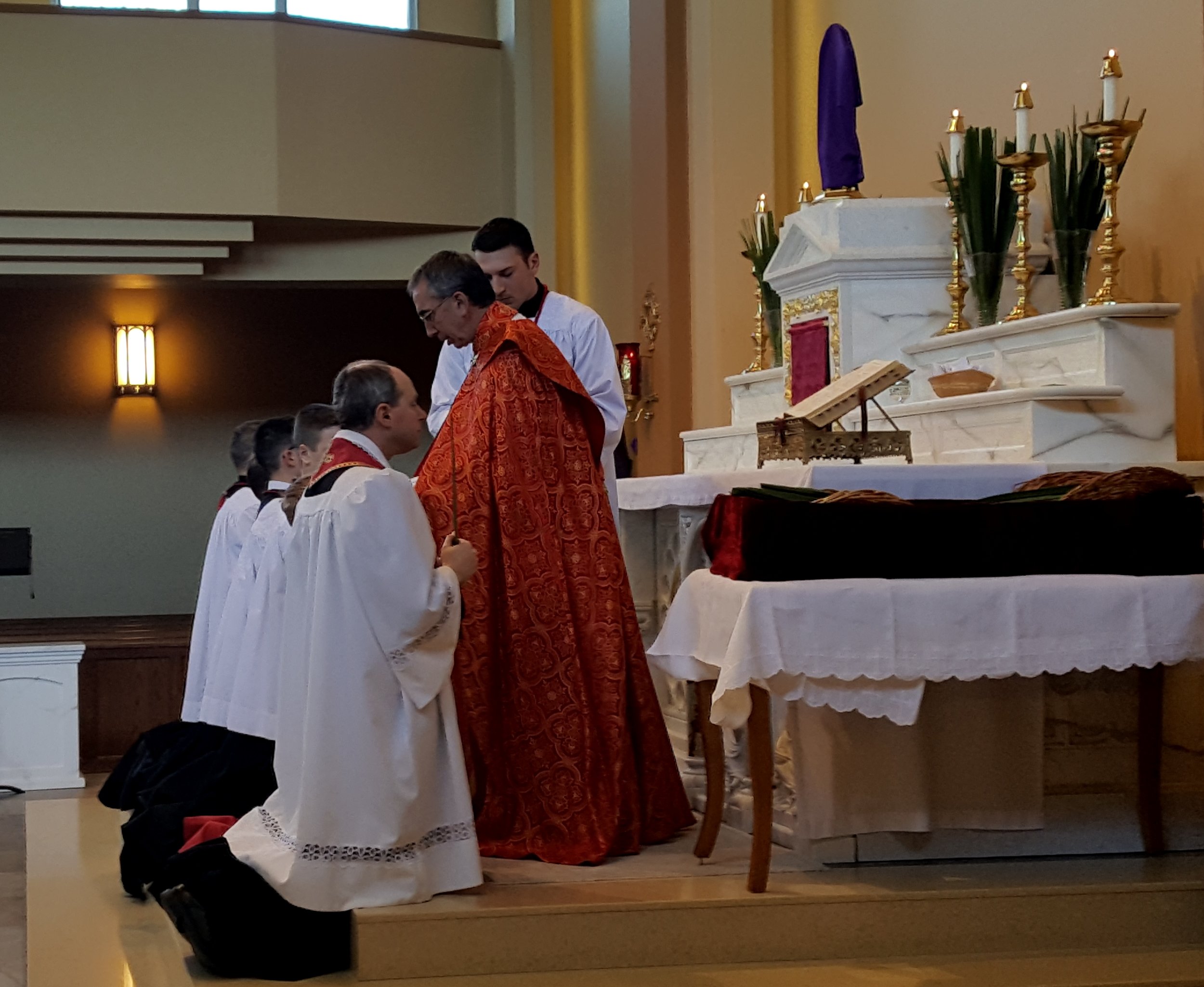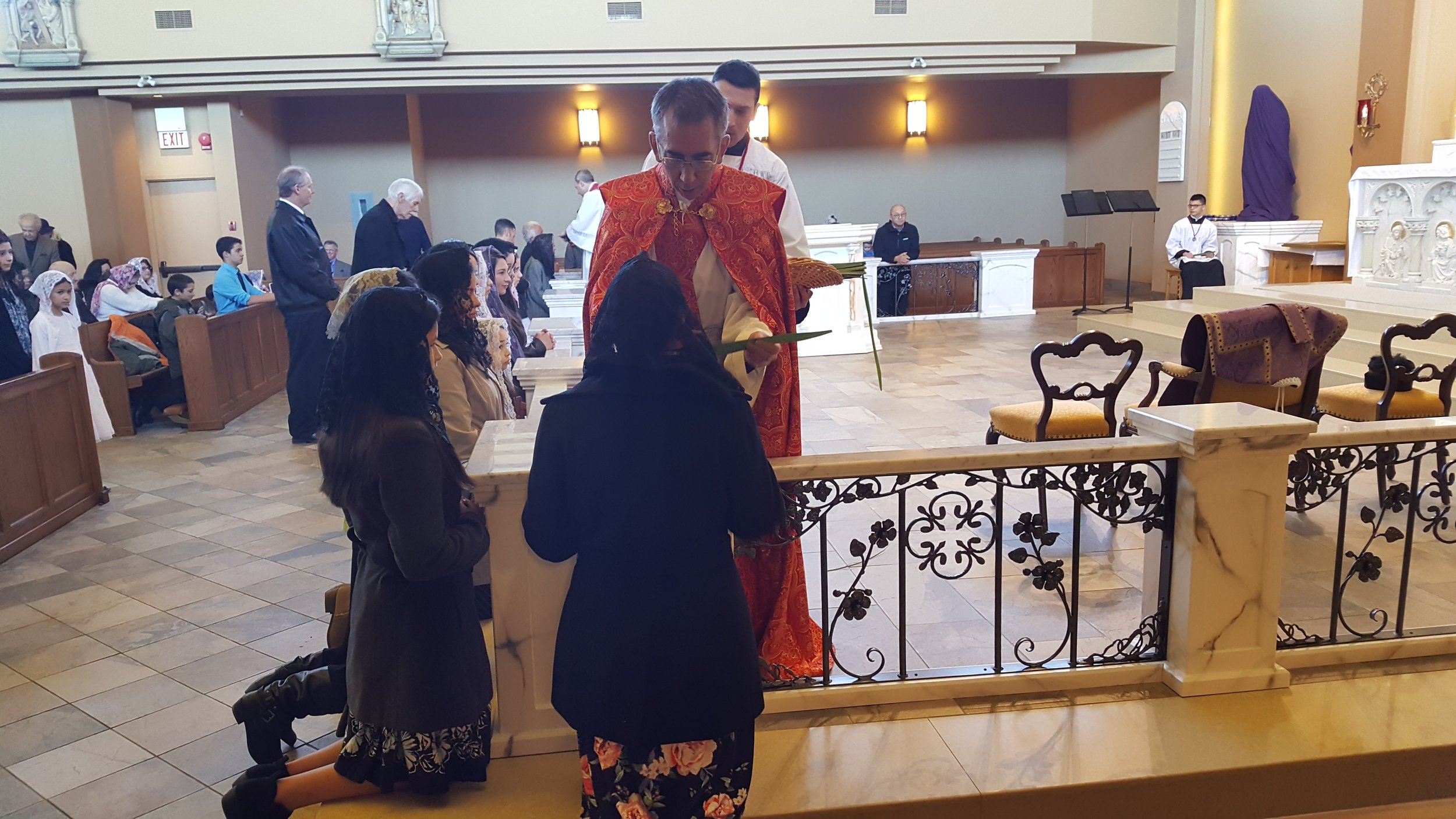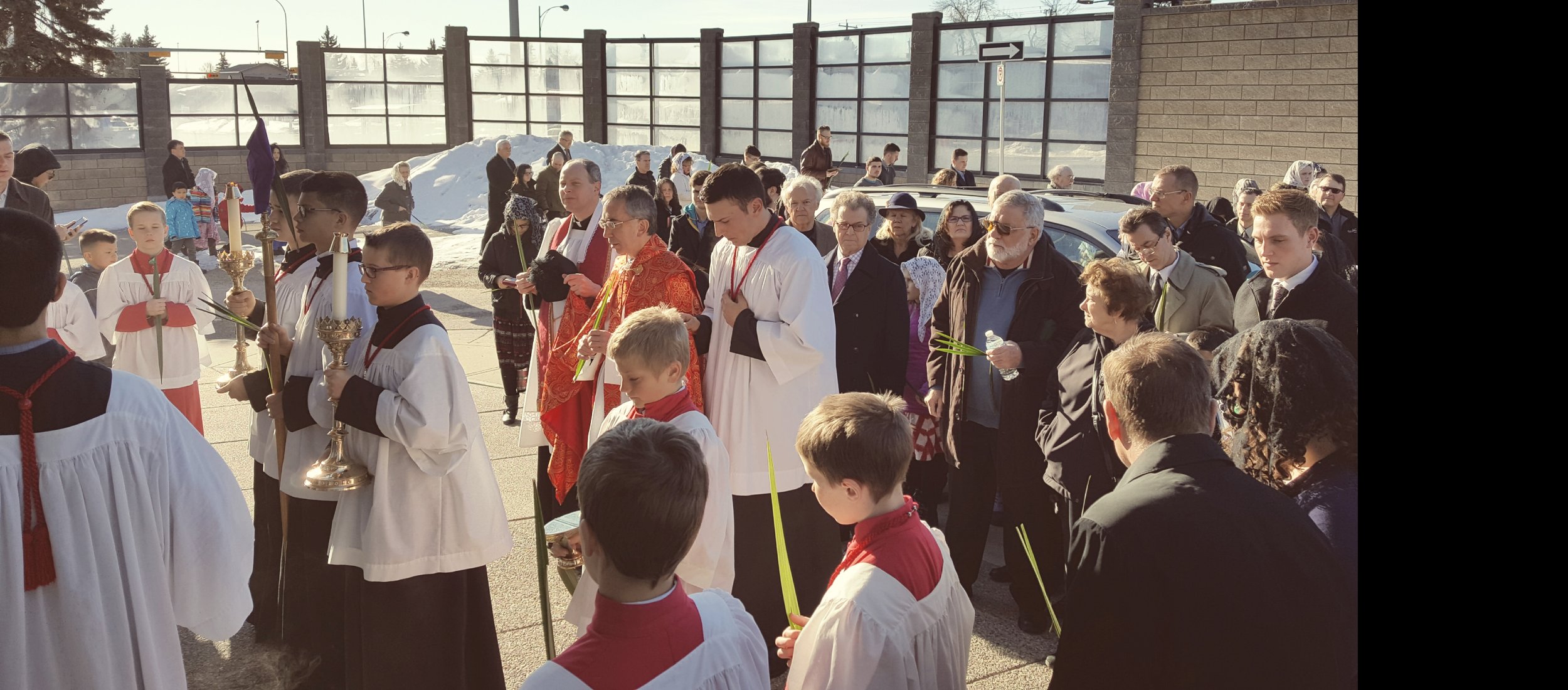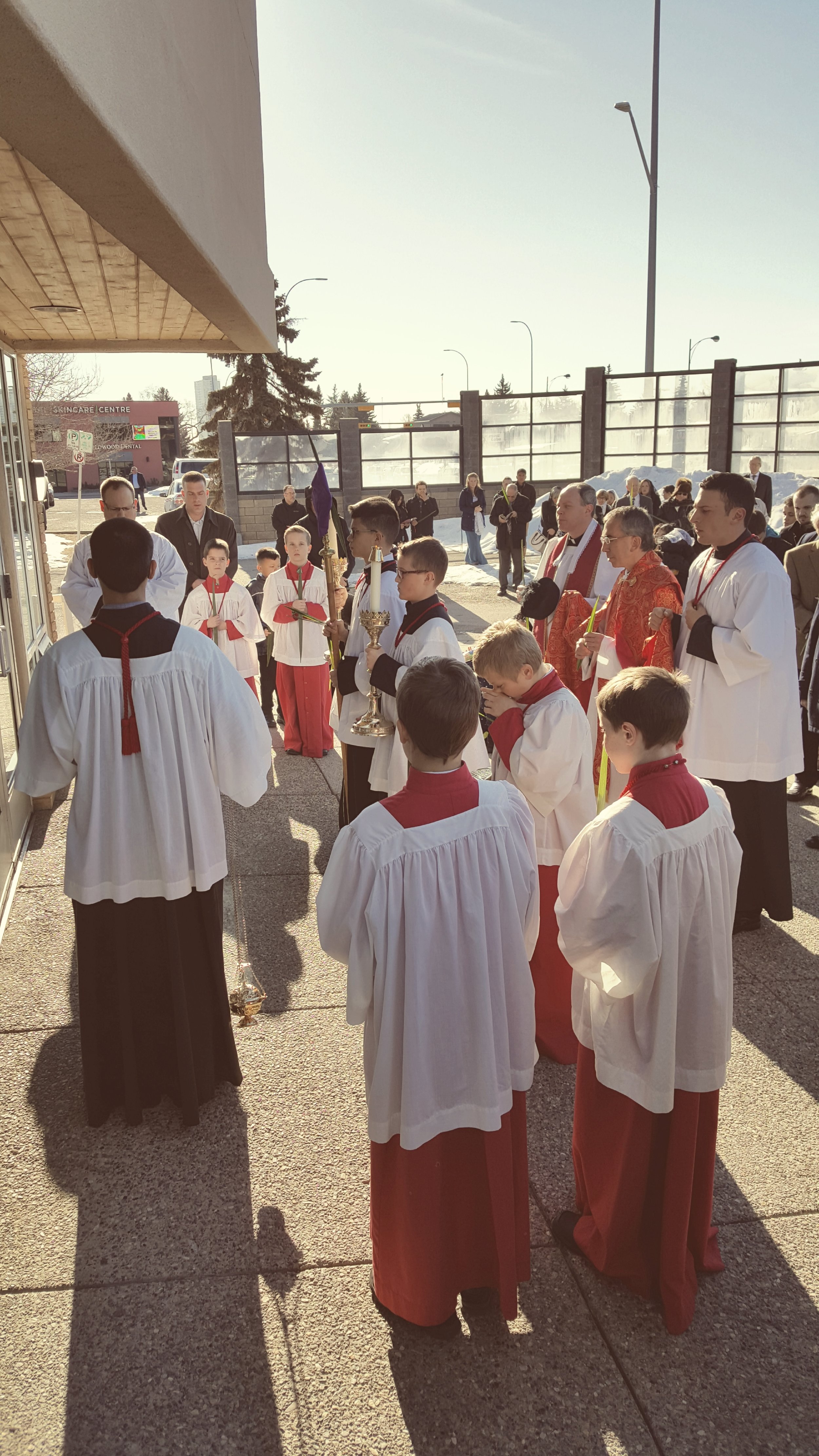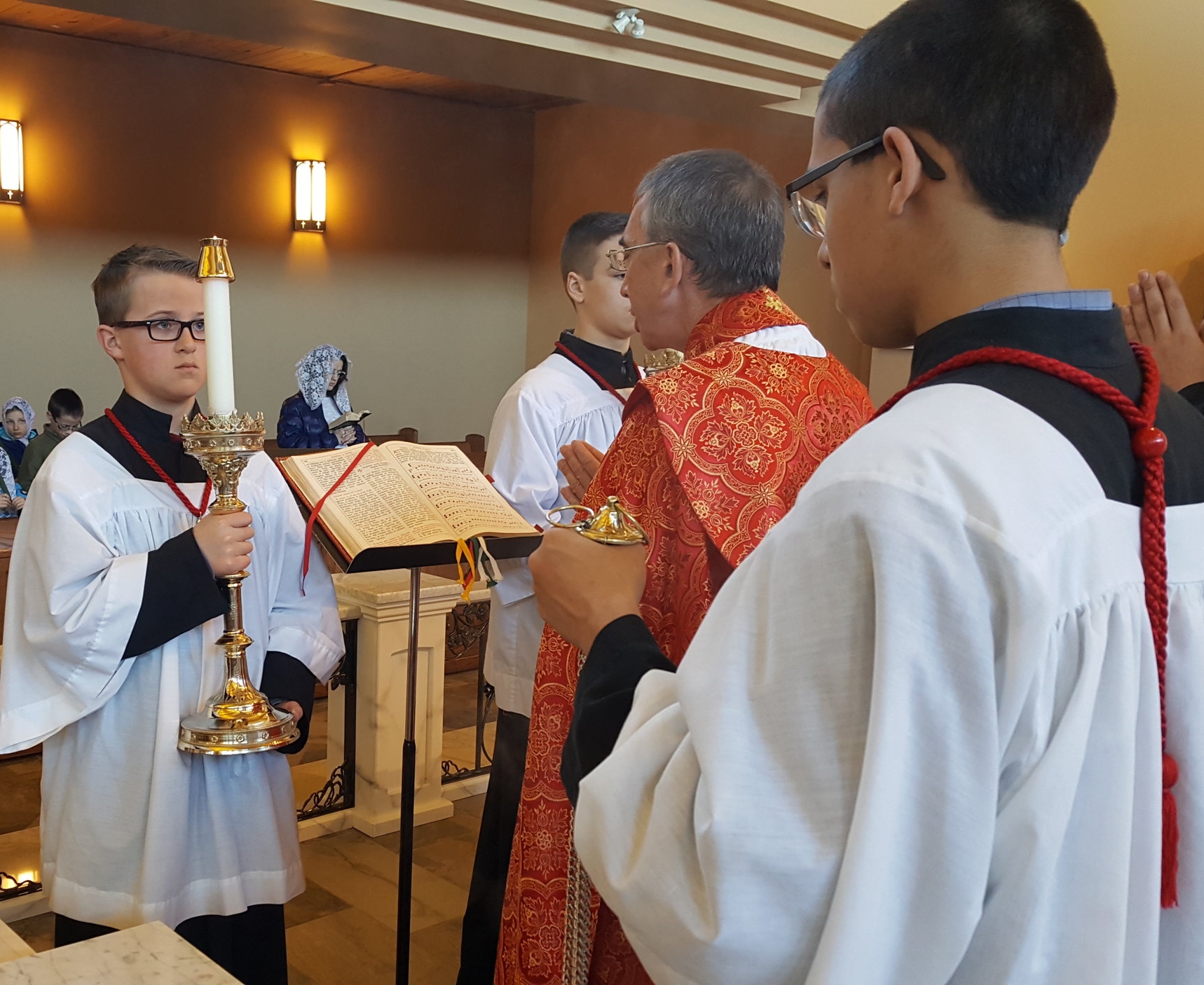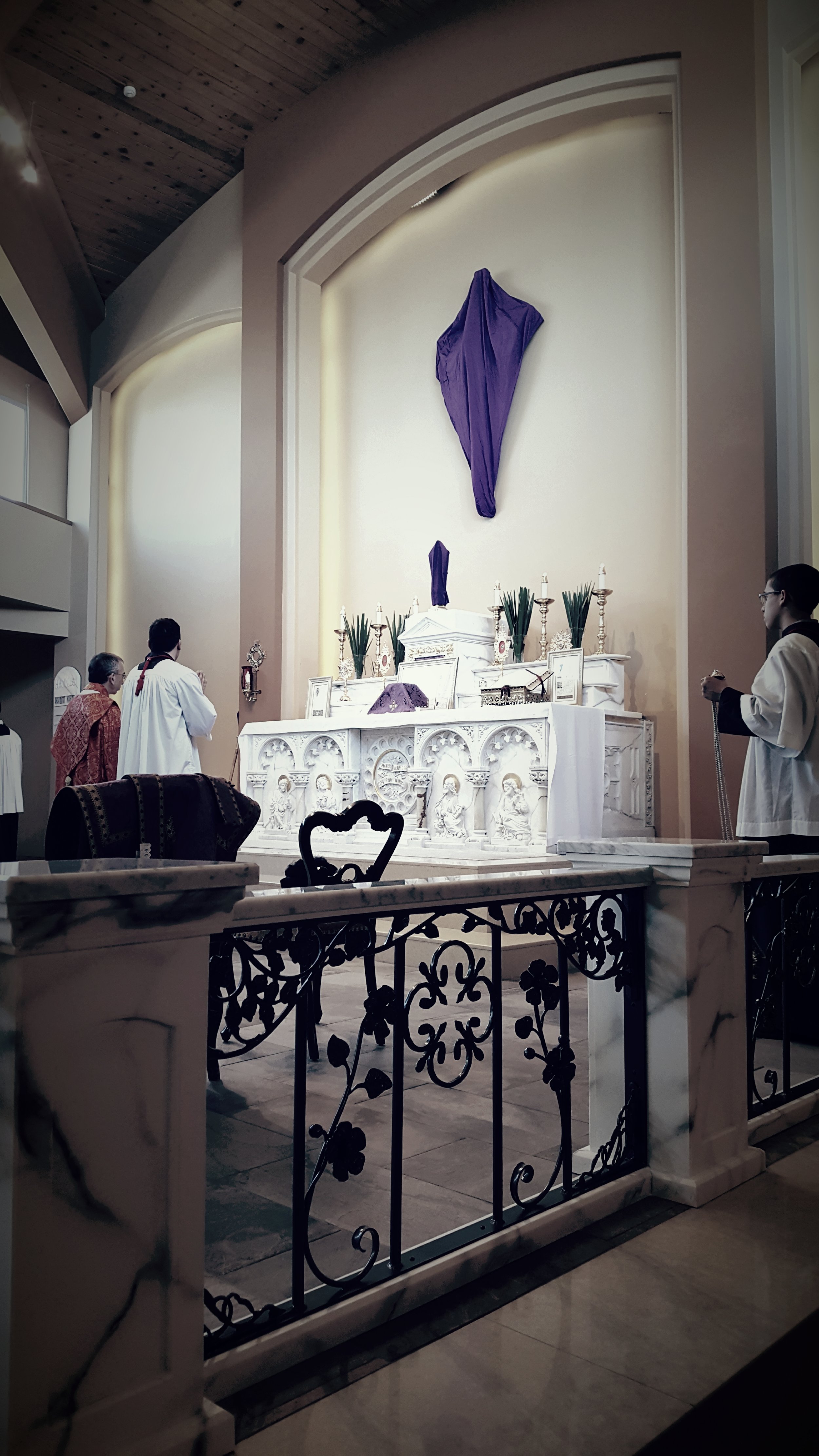The Teaching of Archbishop Lefebvre
Note: As the confusion is clearly growing in the Church today, a new temptation is now appearing which can be summarized like this: “Before Pope Francis, things were much better in the Church”. This would be the same as to say: although this tree is producing bad apples, the tree is still good! Thus by reading various texts of Archbishop Lefebvre written between 1965 and 1991, one can see that the rot is primarily in the tree itself, that is in the text and spirit of Vatican II Council. A good tree cannot give bad fruits. Pope Francis is merely a fruit of the Council. ~ Fr. Daniel Couture
Liberalism has penetrated the Church
Excerpts from a conference, Angers, France, 23 November 1980 — Part I
The spirit of Liberalism has penetrated the Church. How can such a thing have happened? Do I really believe that Pope Paul VI had a Liberal mentality? It is not I who say it, but his great friend, Cardinal Daniélou. It can be found in his book, The Memoirs of Cardinal Daniélou, told by His Sister, where it is explicitly stated: “The Cardinal says of Pope Paul VI that he was one of his best friends, that he knew him well and that he had a Liberal outlook.” That is sufficient ! That explains everything that has happened during his pontificate, because the Liberal mentality is one which is tempted by the world, by all those liberties, as if by some sort of enchantment.
The Liberals were enchanted by the French Revolution. When, fifty years later, France found itself confronted with revolution it was also faced with a choice: must the consequences of the revolution be perpetuated or should they be opposed? There were evidently those who were quite opposed to the principles of the revolution, and others who simply said that one should simply oppose the excesses, the abuses, the violence of the revolution. Yes, but it was enough to Christianize the principles of the revolution a little, and one could come to terms with them quite well. Well, that was France’s loss. Pope Leo XIII did not realize that it was really the Masonic leaders that were controlling France at this time, and believed that terms could be agreed. The result was the Combe Ministry and all the monks and nuns expelled from France. The churches plundered, all the wealth of the Church seized. That is what Liberalism is.
Well, the position with the Council is much the same. There are those who say that the principles could be accepted, but not the excesses. But the Liberal worm is in the fruit. It is a mistake to try to limit the excesses. If the disease is in the fruit it always comes back again. In fact, the worm which is in the fruit must be removed, as must the errors which are at the interior of Liberal thought. One day there will have to be a return to Tradition. We will be forced by events or by disasters which God will perhaps send as a punishment for not accepting the social reign of Our Savior, Jesus Christ. But they will be forced because there will no longer be anything, all will be destroyed, all will be demolished. There will no longer be seminaries, there will no longer be real priests, there will no longer be the Sacrifice of the Mass. Everything will have vanished.
So what is to be done? We are surely obliged to return to Tradition if the Church is to have a true renewal. That is why even without wanting to win, even without wanting to say that it is we who have won, deriving a kind of satisfaction at seeing that we are right - that is not what matters. What matters is the salvation of souls, the continuation of the Church, the duty which we have towards Our Savior Jesus Christ Who should reign. It is that which we uphold, as it is that which makes us steadfast. In any case, we are inevitably the winners from the outset. Were we have to die, were an atomic bomb to kill us all, what we have done, what we have taught, what we have said conforms with the truth, since it conforms with what has been taught, as St. Paul says, in the early Church. This truth cannot perish. It is not possible. So, quite simply, we must continue, as did our parents and our grandparents, to preserve our religion as it always was.
We shed tears of blood to see the Church deteriorating to this extent, to see the wretched state of our churches, of our priests, of our seminaries, or of those religious orders which sell all their goods. Take, for example, the Sisters of the Order of the Visitation, founded by St. Francis de Sales. The Sisters of the seventy-five convents which remain in France met last year and decided to sell half of them, and use the others for homes for the old sisters. That is what is happening to the convents in France, nearly forty Visitation convents for sale!
Obviously, people write to me from everywhere. They write to me from Quimper: "Monseigneur, the minor seminary at Quimper is for sale. Don't you wish to buy it?"
“Monseigneur, the seminary at Legé is for sale. Couldn’t you buy it?”
This very morning someone said to me: "Monseigneur, the major seminary at Nantes is for sale. Won't you buy it?"
Incredible! And it is like that everywhere. Every week I am told of the sale of a major seminary, or a convent, or an abbey.
We must know how to draw distinctions. As you can well imagine, it was a profound sorrow for me to see some of my priests leave the Society because they do not agree with a line of conduct which I have followed since the foundation of the Society. I have always recognized the Pope. I went to see Pope Paul VI, and I have been to see Pope John Paul II. I am ready to see Pope John Paul II tomorrow, if he asks me, but I am ready to speak the truth.
(Continued next week)











